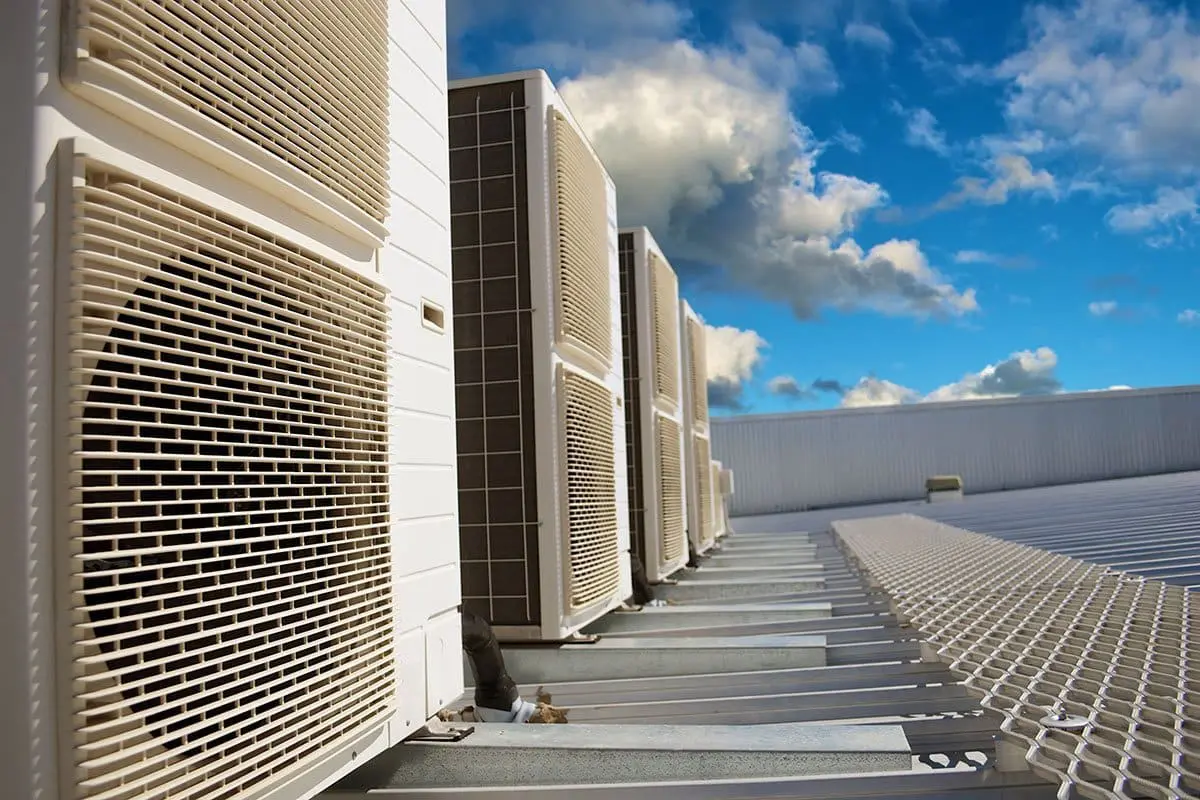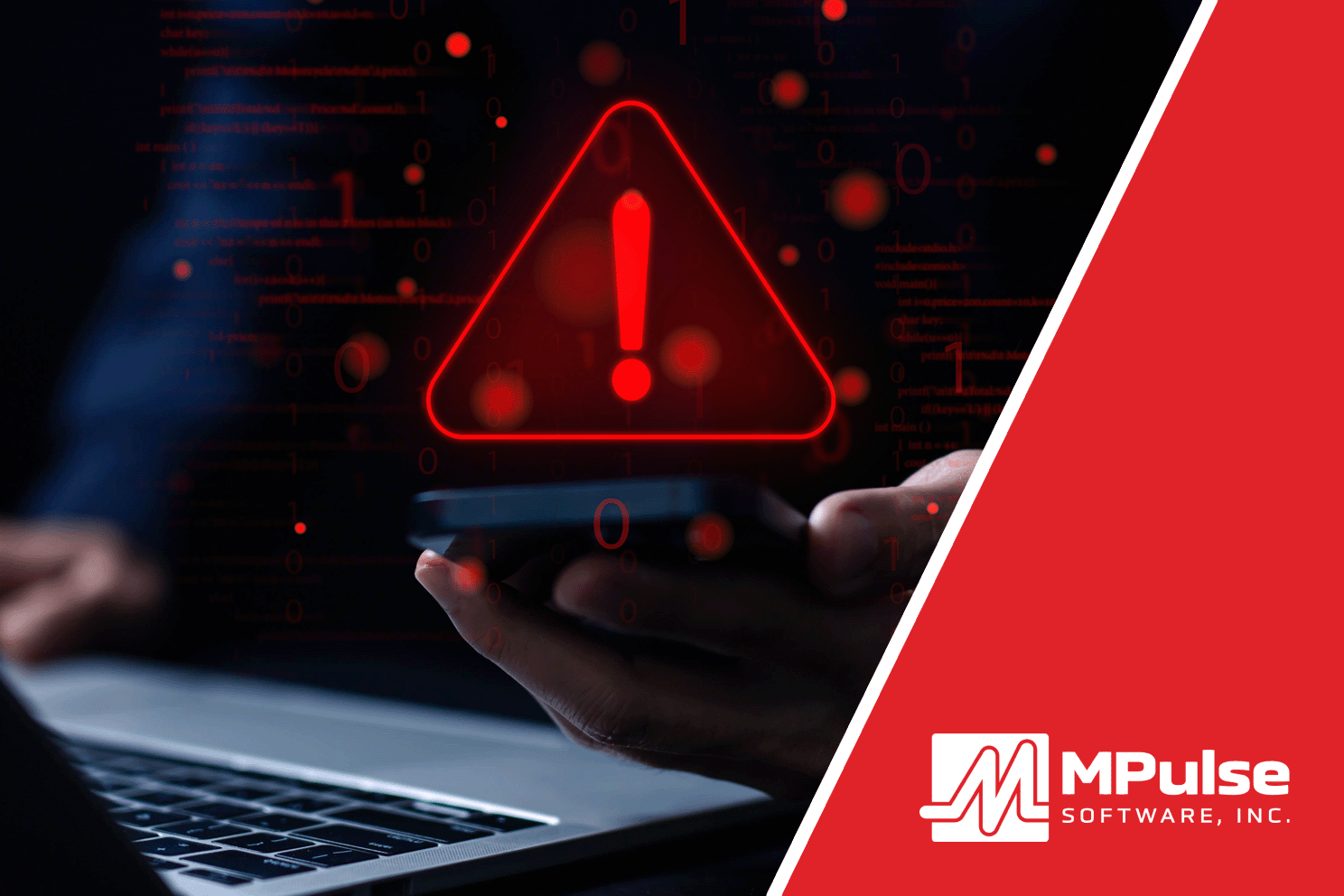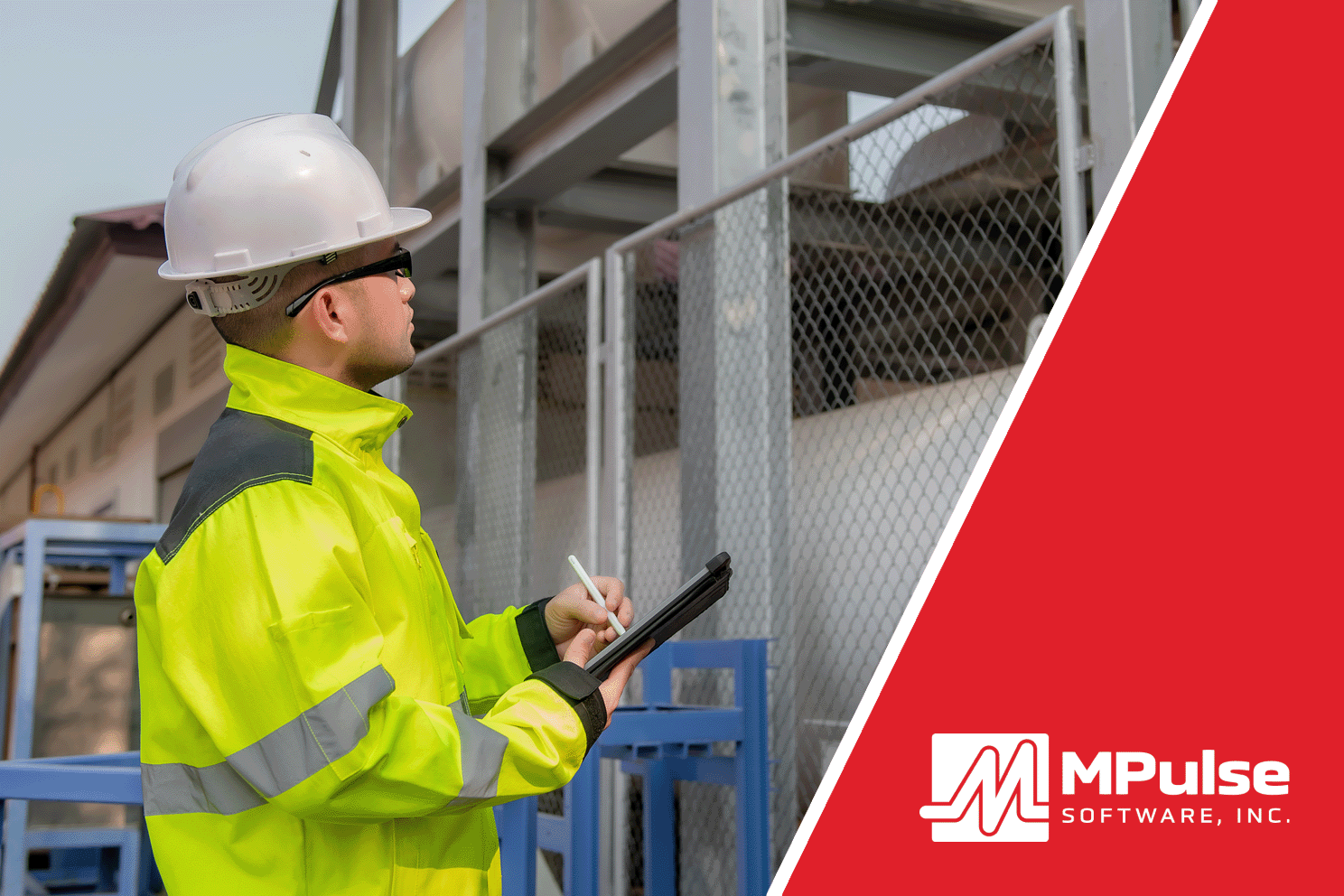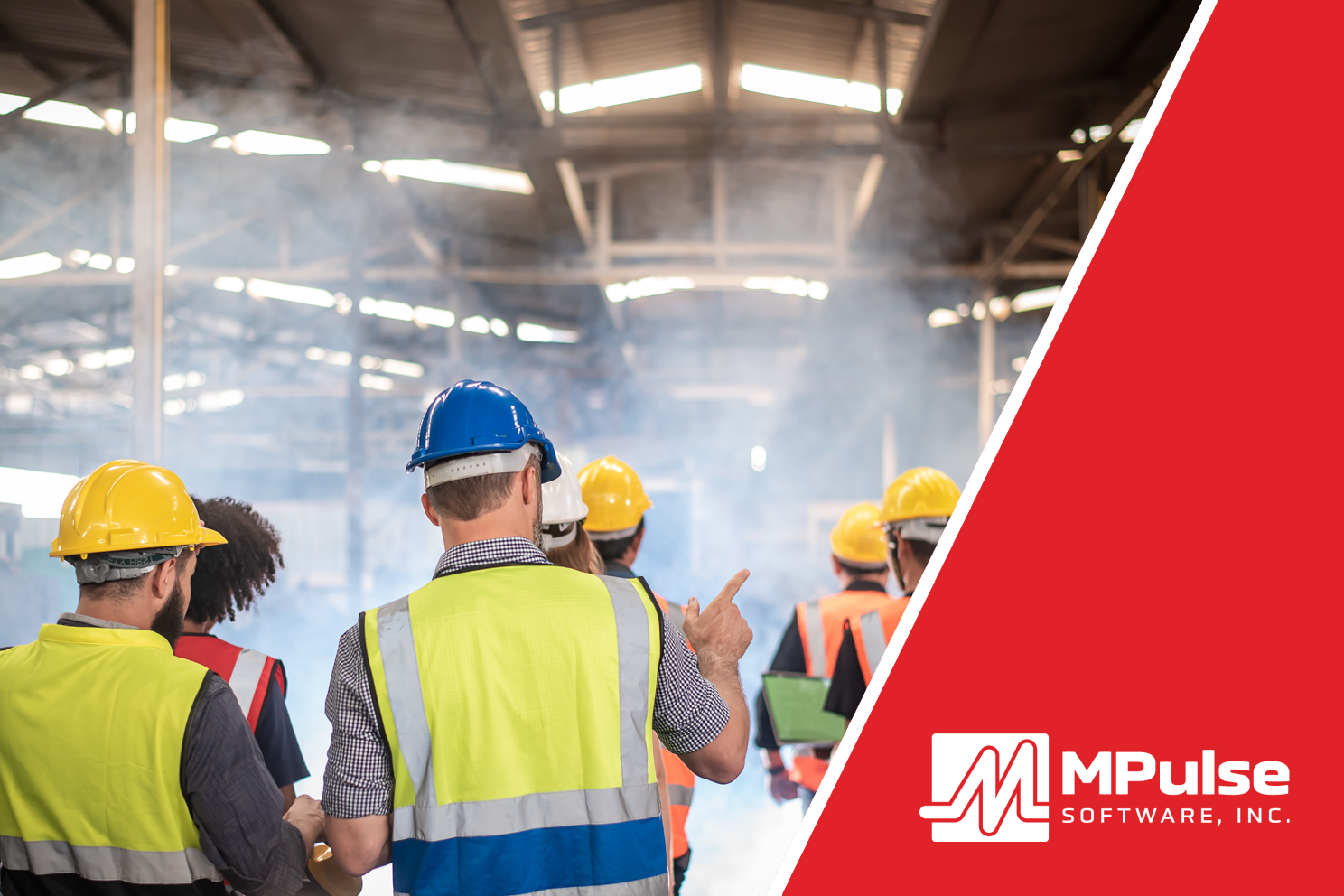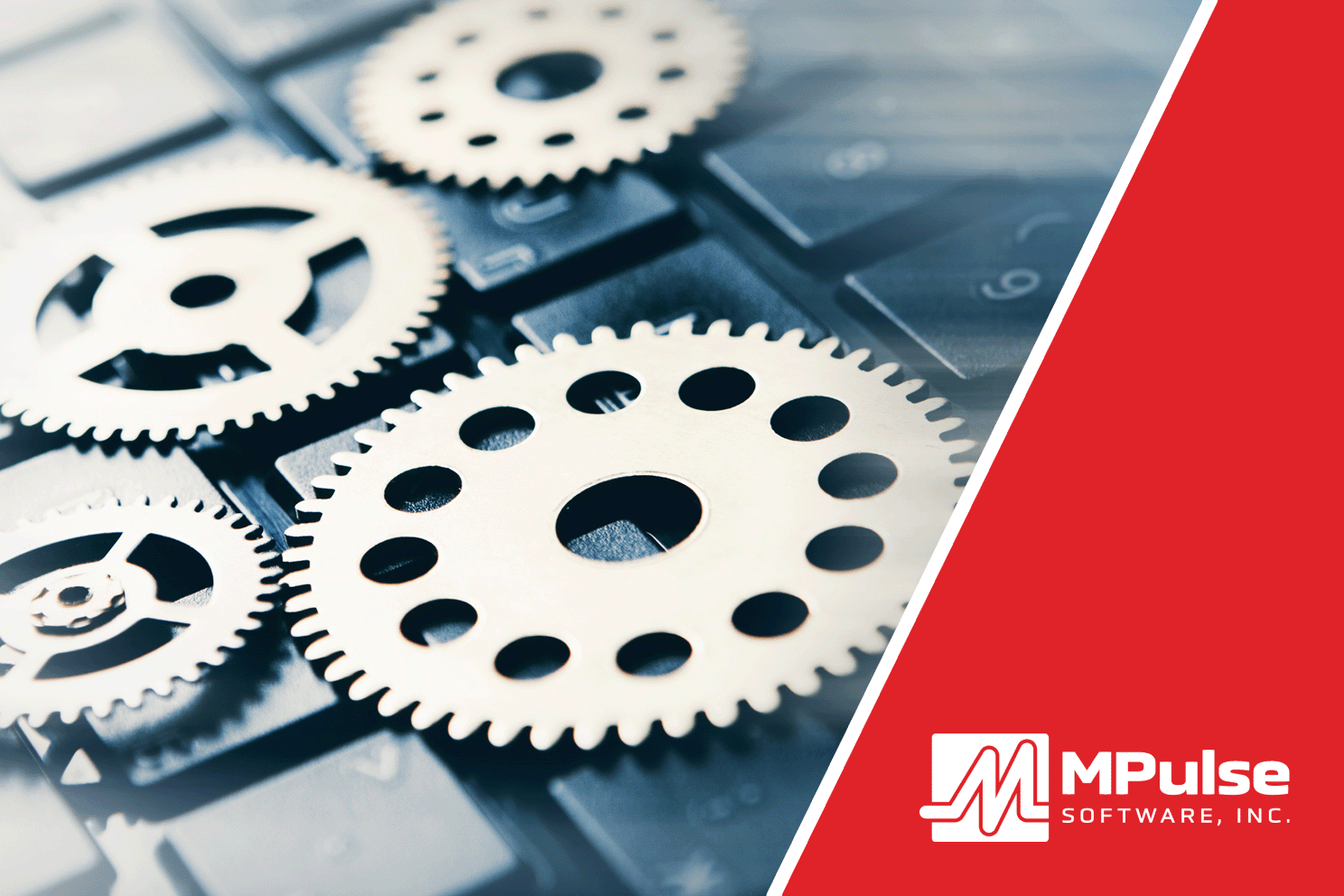Guest blog from the BP Group
One of a facility manager’s most important assets is the heating, ventilation, and air conditioning (HVAC) systems that regulate temperatures and maintain air quality for comfort, safety, and healthy working environments. If you aren’t proactively maintaining your HVAC system, you’re likely wasting both money and energy that can be put to better use.
Regular maintenance ensures your HVAC system is running efficiently. Typically, the maintenance technician will…
- clean the filters
- clean the ducts
- clean the coils
- lubricate moving pieces
- calibrate thermostat settings
- inspect pipes and drains
- check electrical connections
- perform other tasks as outlined by the manufacturer.
With CMMS software, facility managers can easily keep track of everything that needs to be done—scheduling maintenance jobs, recording maintenance history, prioritizing tasks, and more.
Table of Contents
What’s at Risk if You Don’t Schedule Regular Maintenance Checkups?
If you choose to ignore HVAC system maintenance, you’ll end up purchasing a new one sooner rather than later. An HVAC system usually has a lifespan of 15‒20 years, but if it’s not cared for properly, it could fail sooner. Scheduling regular maintenance checkups will prolong the life of your HVAC system and save you money.
If there is a business inside the building—such as a movie theatre or hotel—sales also are at risk. When an HVAC system starts to fail, the building’s temperature will likely be too cold or too hot. If customers aren’t comfortable inside the building, they may choose not to return.
Depending on location, HVAC maintenance also should include winterizing. For example, failure to insulate HVAC pipes properly can result in frozen pipes and leaks, another costly repair.
How Does HVAC Maintenance Save Energy?
According to FacilitiesNet, HVAC maintenance results in 15‒20 percent savings in energy. Below are some ways regular maintenance helps save energy.
- Regular maintenance allows the HVAC system to run smoother, so the moving parts need less energy to keep it going.
- Maintenance for outside air dampers, which let in outside air for cooling, ensures the dampers are not allowing more air in than needed, thereby using more energy to condition that extra air.
- Replacing an old system with an energy-efficient system, such as one with an ENERGY STAR rating, will use less energy over time.
Facility managers shouldn’t wait for HVACs to fail; they should be taking preventative measures to avoid problems.
Guest-blogger Bio:
The BP Group is a leader in the HVAC Maintenance, HVAC Mechanical, Service and Building Technology Industry located in Glendale, NY.

